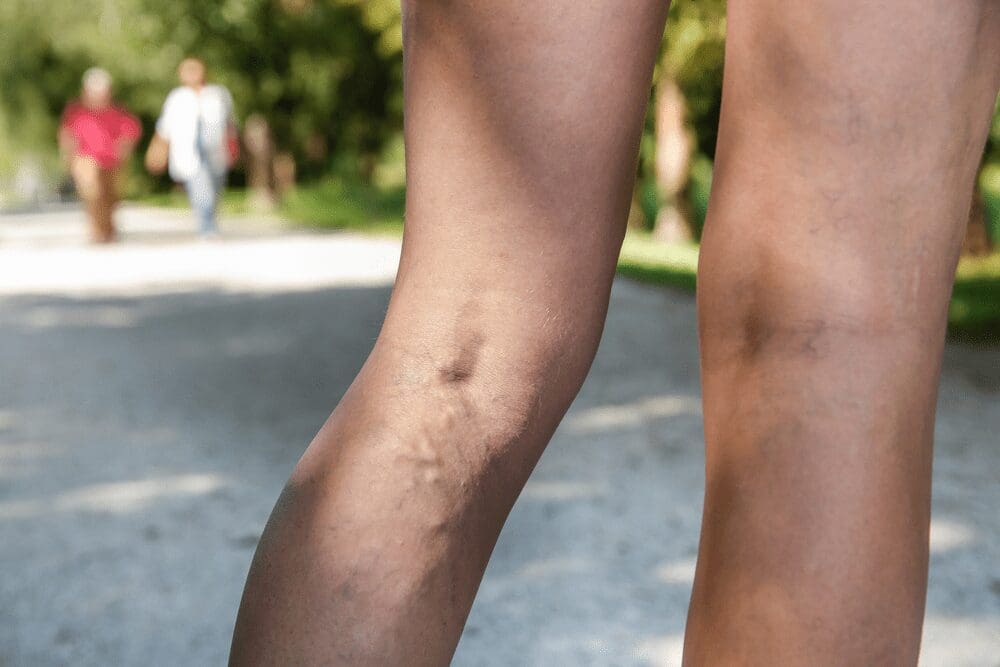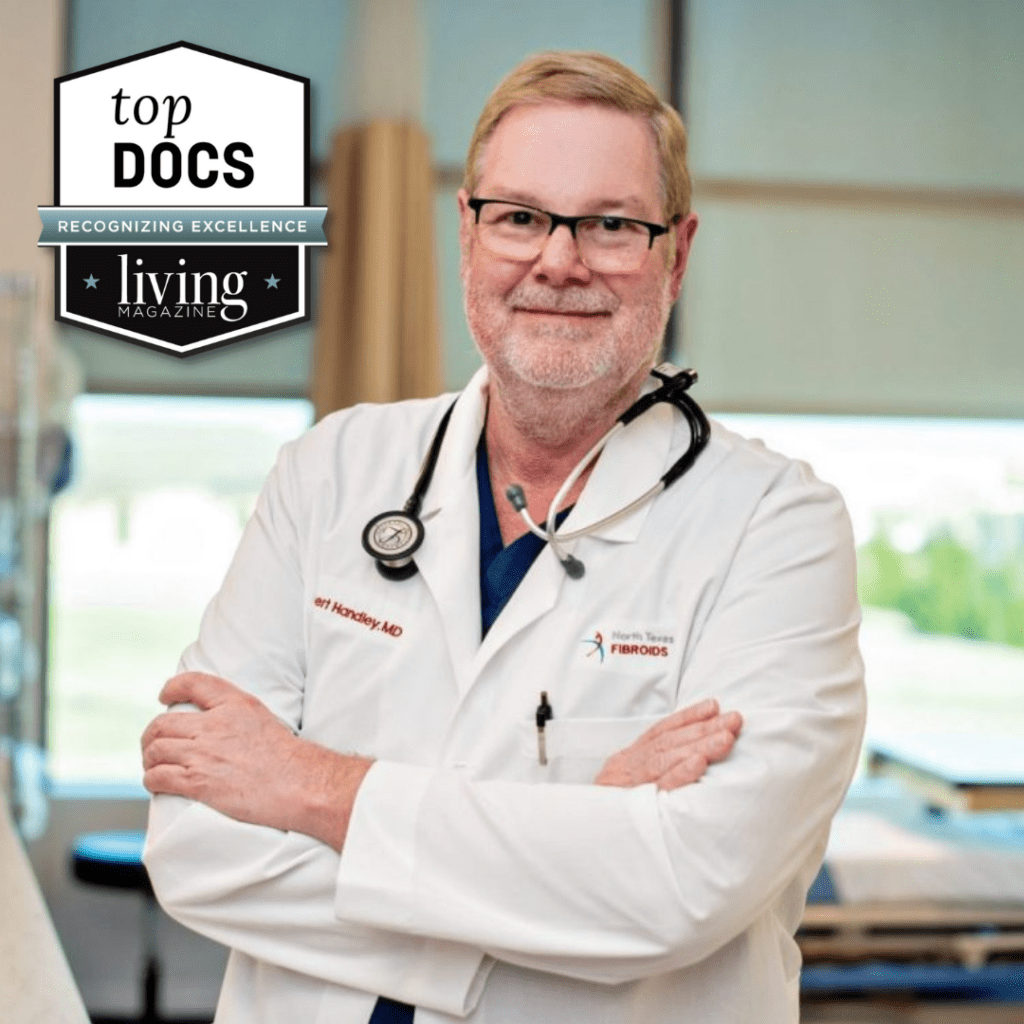VenaSeal is an innovative and effective way to get rid of unwanted and unsightly varicose veins. The treatment quickly seals off diseased veins, which then die off and are carried away by the body’s systems, naturally. We offer this successful treatment here at North Texas Vein and Vascular in Flower Mound, TX.
How Successful Is VenaSeal?
The good news is that this treatment is highly successful. It works quickly, and it’s the world’s only FDA-approved adhesive closure system for treating varicose veins. Where other treatments work by injecting the veins with substances that kill the vein, this treatment simply closes the vein off, so the body begins sending blood to healthy nearby veins, instead.
About VenaSeal
This treatment is essentially a kind of medical-grade superglue. At first, it might seem odd to think of superglue in a medical treatment, but actually, sterile, medical-grade glues are used in human and veterinary medicine frequently. These glues are nothing like the super-glue that you can buy at a hardware store, which should never be used for first aid at home. However, the basic idea for the way the glue works is the same whether you’re sealing veins or sealing a hole in broken china.
This superglue, which is called cyanoacrylate, and, it’s regularly used in dental, orthopedic, ophthalmic, and other types of medicines. but this superglue is special, even in comparison to other surgical glues. That’s because of four special qualities it possesses:
Anti-Microbial
This glue is very effective in preventing the growth of gram-positive microorganisms. This makes it very unlikely you could develop an infection while undergoing this treatment.
Soft and Flexible
If you’ve worked with super-glue before, you know that it tends to harden into lumps when it dries. This glue doesn’t do that. Instead, it remains soft and elastic, so you won’t feel it in your body.
Fast-Acting
Again, if you’re familiar with superglue, you know that you have to hold the item together for a while until the glue hardens. If you don’t, it slips around. This surgical glue doesn’t have that problem. It goes to work nearly instantaneously and doesn’t allow your vein to slide around.
Safe for the Long Term
Whenever you put something in your body, you want some assurance that it won’t cause unwanted effects. Because cyanoacrylate adhesives have been widely used to treat wounds for more than 50 years, there has been plenty of time to test and demonstrate that this glue is perfectly safe and does not harm humans over the long term.
How It Works
FAQ
How Do I Get Started?
What Is Downtime Like?
There’s no real downtime with this treatment. For the most part, you can go right back to your normal schedule. We may give you special instructions unique to you when you come for a consultation, depending on your medical situation, but you can still be sure recovery will be much faster and easier than with other treatments.
When Will Symptoms Clear Up?
If your veins are causing you pain, burning, itching, or aching, you’ll be glad to learn that this treatment will resolve those issues very quickly. That’s because it goes to work so quickly.
Am I a Candidate?
If you have varicose veins and want to be rid of them, you’re probably a good candidate for this treatment. You should especially consider treatment if you’re experiencing pain, burning, itching, swelling, cramping, or heaviness in your legs.
The only things that could keep you from being a candidate would be if you have had an allergic reaction to medical-grade glues in the past, or if you are generally hypersensitive and often have allergic reactions to medications, creams, or treatments. If you have sepsis or acute thrombophlebitis, we may also suggest other options for your treatment.
Does This Get Rid of Varicose Veins Forever?
All your treated veins will be dealt with forever. They can’t grow back. However, you may still develop new varicose veins, which may need treatment in the future. Unfortunately, there’s no way to guarantee that a person won’t develop varicose veins, but there are a few things you can do that will minimize your risk as much as possible for you.
First, be sure to avoid spending too much time standing or sitting. If your job requires you to do either of these, set yourself alarms to allow you to move around, stretch, and put your feet up if you can. You’ll also help yourself by eating well. Keeping your blood pressure under control will avoid stressing your circulatory system, which is good for your veins. Finally, remember that exercise is great for your veins. Walking, swimming, yoga, and similar exercises keep blood flowing and keep your circulatory system healthy.
What Causes Varicose Veins?
Our veins are designed to carry blood from our tissues back to the heart. Once the blood is re-oxygenated there, our arteries carry the blood back to the tissues. Arteries have their own muscles to keep them moving, but our veins depend on the muscles around them to keep blood moving. Because the majority of our body is located “downstream” from our hearts, our veins have a huge job to push blood against gravity back up to the heart.
The veins have small one-way valves in them to keep blood from dropping back down, but sometimes one of these valves will fail. When it does, blood doesn’t move in the right direction and falls back down to the next valve, pooling and swelling the vein as it does. The vein starts to twist and stretch and can become painful.
What Are the Risk Factors for Varicose Veins?
We’ve covered some of the things you can do to minimize your risk of developing diseased veins, but there are some factors that are outside of your control. Risk factors include:
Family History
Just about the biggest risk factor for vein problems is genetics, so if you have family members who have varicose veins, you are much more likely to develop them than someone else would be. Science does not yet understand the genetic component at work here, but there certainly is one.
Sex
Women are more likely to develop these vein issues than men, though both men and women can develop them, and at any age. Women who have been pregnant are also more likely to develop them than women who’ve never had children, so many professionals suspect a hormonal reason for this issue.
Too Much Standing or Sitting
Humans were made to move. We function best when we keep moving regularly, so if you have a job that requires a lot of standing or sitting, your risk factor goes up.
Weight
Extra weight means extra pressure on your veins. Those who are carrying extra weight are at higher risk; this may also be a reason that pregnancy makes women more likely to develop these vein issues.
Age
Vein issues develop because the valves in the veins malfunction. For this reason, it’s natural that the older you get, the more likely it is that you’ll experience a breakdown of the circulatory system in this way.

